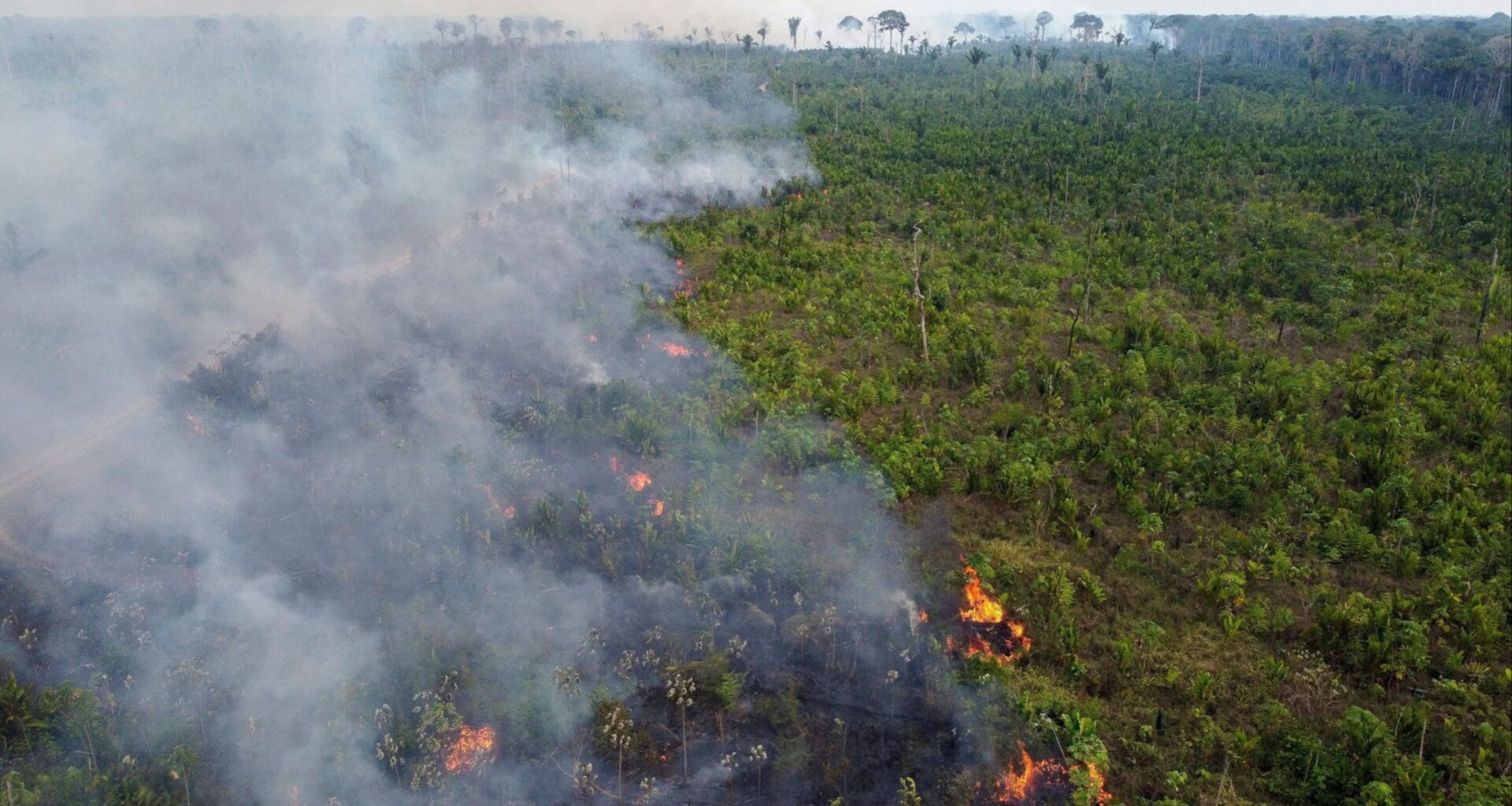Dear reader,
On December 6, the EU-Mercosur trade deal was signed after 25 years of negotiations. The European Commission has gone to great pains to insist it is sustainable and will not harm farmers or forests. Many trade experts and environmental campaigners suggest otherwise.
As professor at Queen Mary, University of London Liam Campling asks, how sustainable can a trade deal be that is ultimately based on the premise: “the Germans hope to sell more cars and the Brazilians hope to sell more beef”?
Yes, the annex to the trade and sustainable development chapter of the deal commits parties to “prevent further deforestation and enhance efforts to stabilise or increase forest cover from 2030”. But as Colette van der Ven, an international lawyer specialised in sustainable development and director of Geneva-based Tulip Consulting, highlights, any focus on “forest cover” has the potential to “mask deforestation as the forest cover may be new plantations”.
Meanwhile, Greenpeace has raised various concerns about how the deal could undermine the implementation of the EU Deforestation Regulation that was finally given the green light (to come into force a year later than planned) yesterday.
And Mighty Earth senior director France Boris Patentreger underlines how, given the precarious nature of the Amazon — a third of the rainforest is suffering drought and 2024 has been the worst year for fires since 2005 — any extra pressure could be fatal.
In a similar vein, the commission says the deal will create an “efficient, reliable and sustainable flow of raw materials critical for the global green transition”. But, asks van der Ven, what about potential deforestation from mining? “Thirty per cent of Brazil’s critical minerals are located in the Amazon region” and “soil erosion, water use or managing mining waste are not explicitly mentioned in the TSD annex,” she tells me.
Another issue people I spoke to questioned was whether the inclusion of the Paris Agreement as an essential element in the latest texts (presumably at least partly influenced by the threat Argentina’s president, Javier Milei, could follow Donald Trump’s lead and withdraw from the climate accord) really means very much. “Would the EU have a strong enough incentive, politically or economically, to force its implementation or suspend the Mercosur deal?” asks van der Ven.
Ultimately, if policymakers were genuinely serious about sustainability “you would have a different mechanism not based on lobbying, not based on the German government going to the German car industry and asking what they want. Both blocs would start with the agreement that they need to transition away from fossil fuels and work backwards from that”, professor at Warwick University’s school of law James Harrison tells me.
Proposals for new SFDR categories
Meanwhile, Marie examines proposals for implementing a new categorisation system for EU investment funds under the Sustainable Finance Disclosure Regulation put forward by the EU Platform on Sustainable Finance. The expert group, which advises the commission, has recommended introducing four new categories: “sustainable”, “transition”, “ESG collection” and “unclassified products”.
These would replace the existing regime of Article 6 — funds with no sustainable characteristics; Article 8 — funds that promote environmental or social characteristics; and Article 9 — funds that have “sustainability” as their primary investment objective, which funds are required to self-categorise against, writes Marie.
She says the changes are intended to make it easier for investors to understand what funds are trying to achieve in relation to sustainability.
Environmental breaches
Elsewhere, Claudia reports how the majority of ongoing infringement procedures by the commission involve environmental breaches, according to data published yesterday by the European Court of Auditors.
Until tomorrow,
Philippa
Philippa Nuttall is the editor of Sustainable Views
